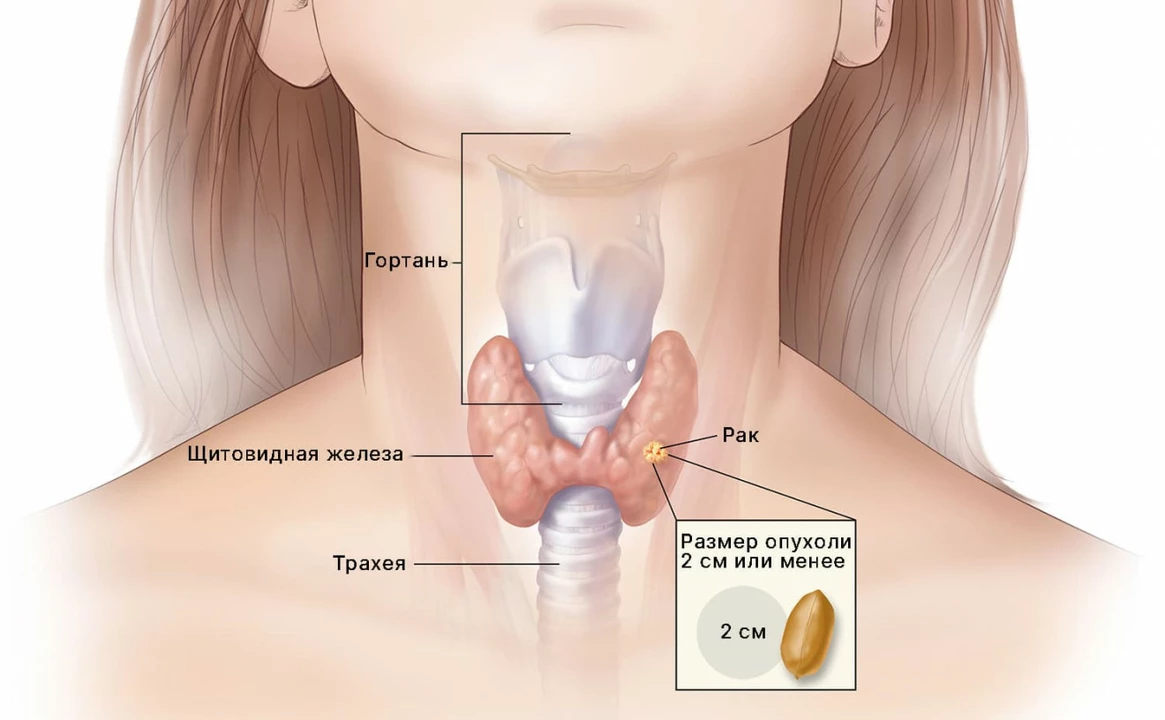Treatment Tips: How to Use Meds Safely and Smart
Worried about ordering medicine online, traveling with prescriptions, or handling side effects? These tips are straight to the point and built for real life. You’ll learn what to check, what to avoid, and simple habits that keep you safer with any treatment.
Quick safety checklist
Before you start any medication, do these things:
- Confirm the exact drug name and dose on your prescription. Typos matter.
- Check for major interactions with other meds or alcohol. Ask your pharmacist if unsure.
- Use only licensed pharmacies. Look for clear contact info, real customer reviews, and a pharmacy license number.
- Keep a current medication list with doses and reasons for each drug. Carry a copy on your phone.
- Store meds as labeled—some need refrigeration, others must be kept dry and cool.
These steps reduce mistakes and make conversations with doctors and pharmacists faster and safer.
Buying meds online and avoiding scams
Buying online can save money but comes with risks. Don’t buy from sites that don’t require a prescription for prescription-only drugs. Avoid prices that look too good to be true—counterfeits hide behind big discounts. Check for recent customer reviews and clear shipping terms. If customs or import rules matter where you live, read those rules before ordering to avoid seized packages or fines.
If you need a specific tip: when ordering antibiotics or chronic meds, choose vendors that show batch numbers and contactable pharmacists. If a site pressures you with countdown timers or fake scarcity, step away. Real pharmacies don’t force fast decisions.
When you get your medication, compare the label, pill shape, and package inserts to trusted sources online. Any mismatch? Contact the seller and your local pharmacy immediately.
Travel tips: set alarms for time-zone adjustments and pack extra medicine in original packaging with your prescription. For blood thinners or critical meds, bring a doctor’s letter explaining the need and dose.
Handling side effects: write down what you experience and when it started. Mild side effects often pass, but new severe symptoms—like breathing trouble, swelling, or chest pain—need emergency care. For non-urgent concerns, call your prescriber or pharmacist; they can often suggest simple fixes like dose timing changes or a safer alternative.
Alternatives and switching meds: if a drug isn’t working or causes problems, don’t stop it abruptly without medical advice. Ask your provider for concrete alternatives—some drugs in the same class work differently for different people. Bring your medication list to that appointment so the switch is safe.
Final habit: review your meds every 6–12 months with a clinician. That catch-up prevents dangerous interactions, outdated prescriptions, and unnecessary drugs. Small checks now save big problems later.

Thyroid Cancer and Sleep: Tips for Better Rest During and After Treatment
As a thyroid cancer patient, I've realized that getting a good night's sleep during and after treatment can be a challenge. Many factors, such as stress, anxiety, and side effects of medications, can greatly affect our sleep quality. To improve my sleep, I've found that maintaining a consistent bedtime routine, creating a relaxing sleep environment, and managing stress through relaxation techniques have been very helpful. Furthermore, engaging in regular physical activity and seeking support from loved ones or professional counselors can significantly contribute to better rest. Remember, getting enough sleep is crucial for our overall well-being, especially during this challenging phase of our lives.
